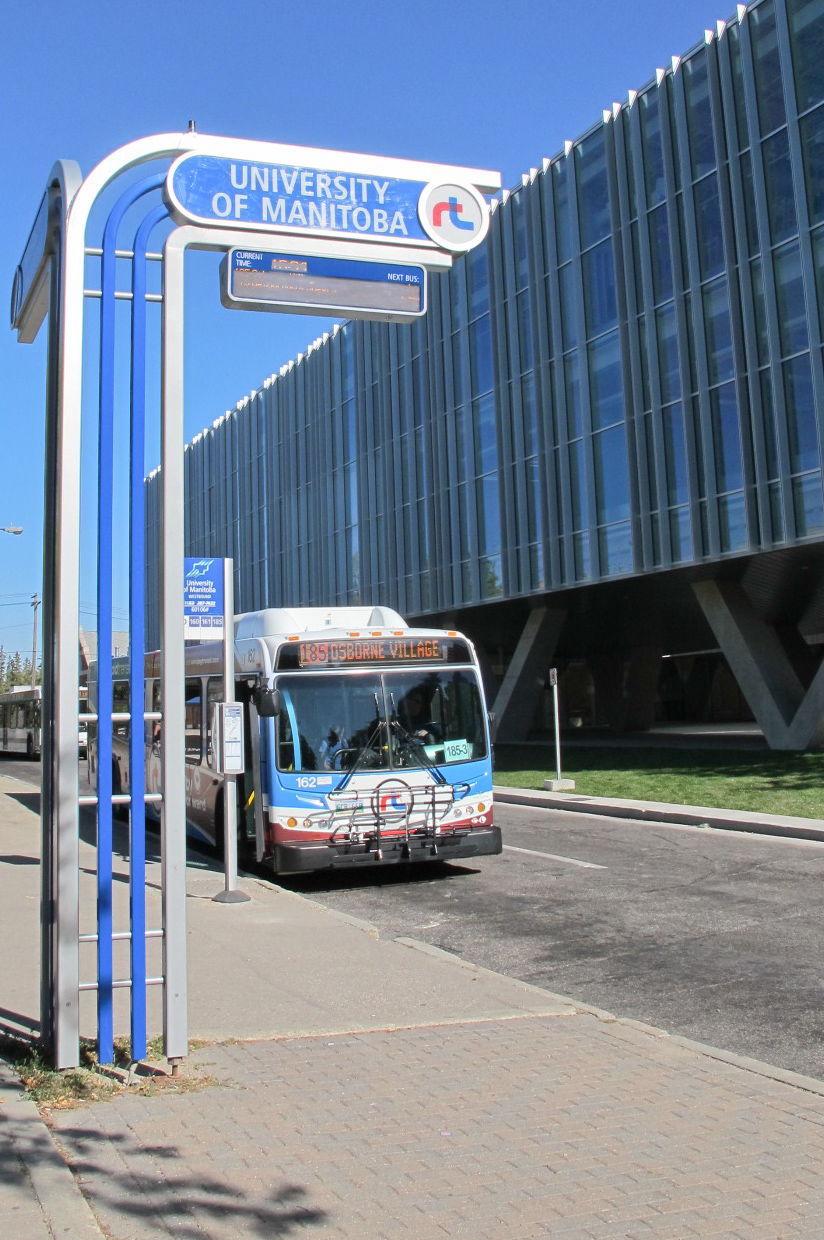The University of Manitoba ombudsman is no more, after the university decided to close the office as of June 30, 2010.
Chris Rutkowski, a spokesperson for the university, explained that the university has been in the process of reviewing all of its operations, and the office of University Ombudsmen was identified as one place where the university could eliminate costs and reduce duplication of services.
Rutkowski said the office dealt many inquires on an annual basis, but many were individuals simply looking for information and were handed off to other offices.
“The role of the ombudsman was to help facilitate solutions to issues that were brought forth mostly by staff and students. [ . . . ] The majority did not relate to accountability but helped members of the university community better navigate through situations they were facing,” said Rutkowski.
“There continues to be a variety of offices that provide similar services.”
University of Manitoba Students’ Union (UMSU) president Heather Laube expressed her concern over the closure of the office and the process in which it happened.
“Neither UMSU nor the Graduate Students’ Association (GSA) were consulted, and we were only officially notified of the closure upon receipt of a disjointed email referring students seeking assistance from the ombudsman to go instead to UMSU and the GSA,” said Laube.
Laube said that many complaints have come to UMSU from staff and students about the closure.
UMSU is currently working to get an explanation as to why the service was cut and why neither student organizations were consulted.
“It’s part of a pattern of behavior we’ve seen from them that is very concerning,” said Laube.
“It’s as if they’ve forgotten this is a public university that has to remain accountable to Manitobans, particularly the people who learn and work here,” said Laube.
Joan Foley, University Ombudsperson for the University of Toronto, explained that while she felt her office was important, not all post-secondary institutions have an ombudsperson so it is not necessarily an essential position.
However, Foley said one risk of not having such an office is that certain mistakes made by administrators may go unrecognized.
“Anyone can make mistakes, and sometimes the need to review a situation in order to provide the information needed by the ombudsperson causes an administrator to realize that a mistake has been made and should be rectified,” said Foley.
Foley also explained that in some cases problems with certain policies and procedures at the U of T only came to light because someone brought a complaint through her office.
Rutkowski said that the establishment of the new Office of Fair Practices and Legal Affairs, which was opened July 1, 2010, demonstrates the university’s continuing dedication to ensuring advocacy, advice and support services are provided to students, faculty and staff.
The university is advising students to contact either the U of M Student Advocacy office, the office of the UMSU vice-president advocacy or the GSA with concerns related to their education.
Faculty and staff with concerns related to their employment should contact their human resources consultant connected with their faculty or unit, or a representative from their respective bargaining unit.
If the concern is related to a violation of one’s human rights, discrimination or harassment, it should be directed to the Human Rights and Advisory Services office.




